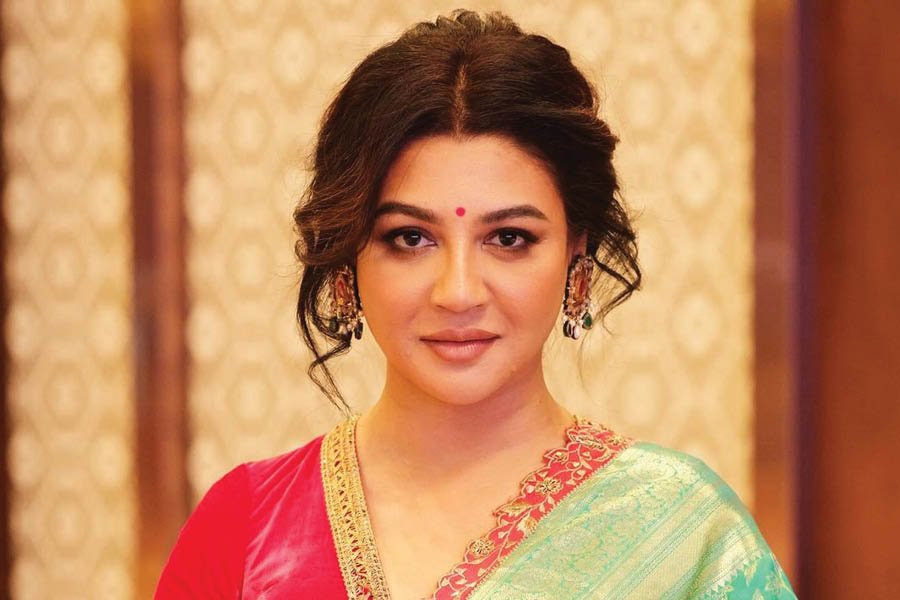Jaya Ahsan is a renowned Bangladeshi actress, model, and producer. She was born on July 1, 1972, in Dhaka, Bangladesh. Ahsan has garnered widespread acclaim for her performances in both Bangladeshi and Indian cinema.
She started her career as a model and later transitioned into acting. Ahsan made her acting debut in the Bangladeshi film industry with the film “Dubshatar” in 2000. Since then, she has appeared in numerous Bangladeshi films, earning critical acclaim and several awards for her performances.
In addition to her work in Bangladeshi cinema, Jaya Ahsan has also acted in Indian Bengali films. She gained recognition in India for her roles in films like “Aborto” and “Muktodhara.”
Jaya Ahsan is not only a talented actress but also a passionate animal rights advocate. She has been actively involved in advocating for the welfare and rights of animals. Ahsan uses her platform and influence to raise awareness about animal cruelty and promote kindness towards animals.
She has advocated for animals’ rights and been outspoken about animal care. Her strong efforts have resulted in recent orders from the High Court prohibiting the usage of elephants for recreational purposes.
When you look on the streets, you will see that elephants are mistreated, especially when extortion is involved. She has been trying to resolve this issue for over a year and a half. Her efforts eventually came to a major conclusion, mostly due to important decisions of the High Court.
“Elephants are typically used for incredibly difficult and unethical feats or work. These creatures are taken from their moms at a young age and trained using severe techniques that are evocative of mediaeval customs. Bangladesh now is not the place for such brutality. “Using elephants for financial extortion, tricks, and other purposes is unethical and against the law,” expressed Jaya.”
Elephants have sadly died a lot as a result of exploitation. We responded by filing an appeal with the Forest Department and going to court. It was important to have the verdict, and we are happy with the result. Rakibul Haque Amil, Barrister Saqeb Mahbub, and his group have all been crucial to this endeavor. The actress clarified, “The next step is to make sure the verdict is implemented appropriately.”
Even with personal licenses, using elephants for work is currently forbidden. Licenses for such purposes will not be granted.
Elephants have even been used for weddings, commercial ventures and political functions. However, with the recent ban, these practices will come to an end. Collaboration between the Forest Department and various NGOs has been instrumental in this change. Many countries, including Thailand and Bhutan, have established elephant sanctuaries, which serve as models for conservation efforts. Such initiatives are considered necessary to protect these majestic creatures.
Some people might wonder what mahouts—those who work with elephants will do now. Elephant sanctuaries have made it possible for them to move to these safe havens and begin operations. Elephant handlers and caregivers may be able to carry out their jobs in these sanctuaries in a more morally and environmentally responsible manner.
Preserving nature is essential to our survival. If this isn’t done, humanity may suffer grave consequences. The passionate actress continued, “Loving and respecting animals is not just a moral imperative but also essential for our collective survival.”



